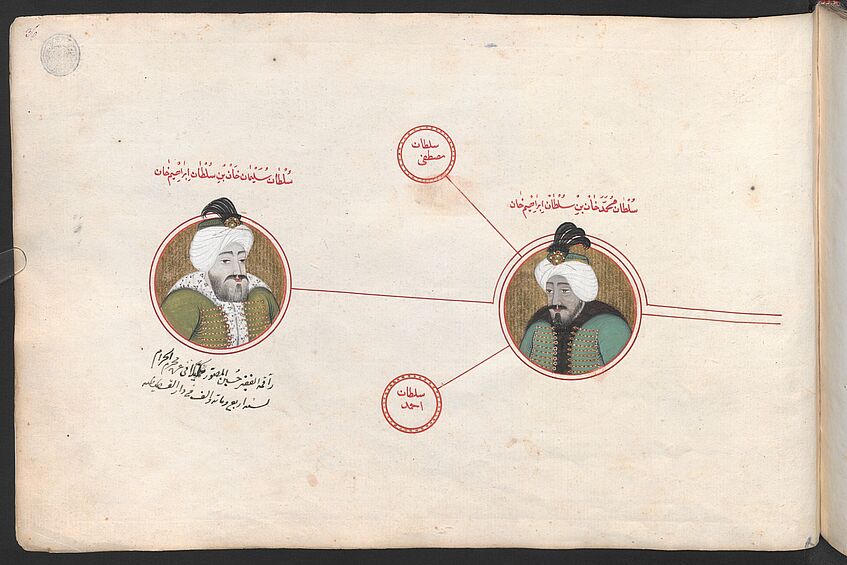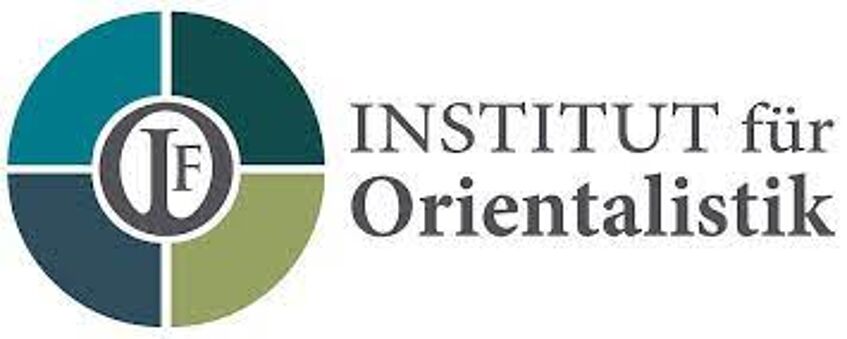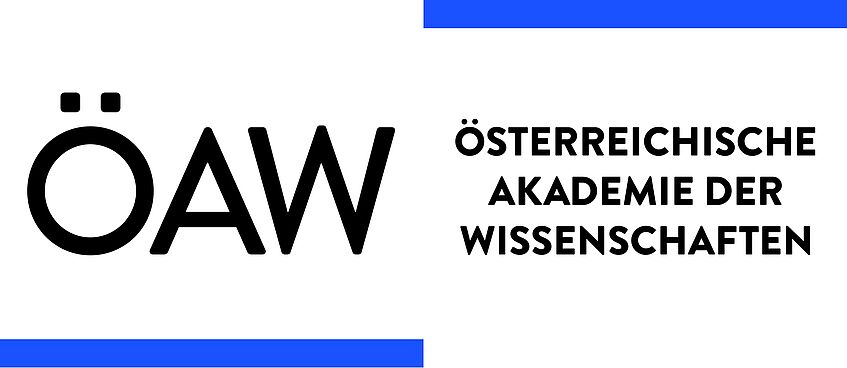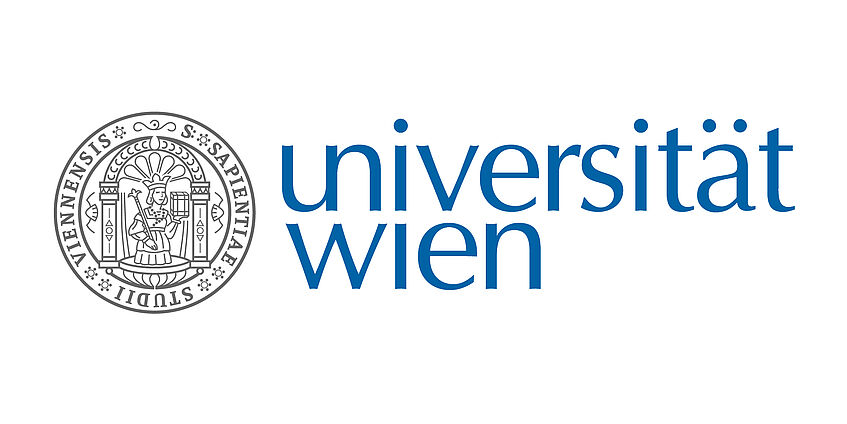Summer School of Comparative Habsburg-Ottoman Paleography
Call for Applications
Summer School of
Comparative Habsburg-Ottoman Paleography
1 July– 12 July 2024
Application deadline: 30 April 2024
Call for Applications
Summer School of Comparative Habsburg-Ottoman Paleography
University of Vienna, Campus
1 July -12 July 2024
The Turkology Department at the University of Vienna and the Institute for Habsburg and Balkan Studies (IHB) at the Austrian Academy of Sciences are now accepting applications for the second Summer School of Comparative Habsburg-Ottoman Paleography. The two-week-long intensive program will allow participants to comparatively read and analyze early modern (1500-1800) Habsburg and Ottoman primary sources concerning various topics. During the two-week program that will be held at the University of Vienna’s centrally-located campus, participants will join morning lessons taught by experienced teachers and listen to lectures given by recognized experts in the afternoons. The program is also enriched by confirmed on-site visits to the imperial archives (HHStA), the military museum (HGM), and the Ottomans Museum in Perchtoldsdorf as well as a guided tour of Vienna’s historical highlights that have direct and subtle references to the history of Ottoman-Habsburg encounters.
Course content: The summer school has no thematic focus. Morning lessons will start with the basics of paleography and cover a wide variety of scripts. Afternoon lectures will be about the research topics and interests of presenters. Participants should expect to deal with various topics concerning the history of Habsburg and Ottoman encounters and exchanges.
Course program and lectures: The first week of the program (1 – 5 July) will be devoted to Habsburg sources while the second week (8 – 12 July) will be devoted to Ottoman sources. In addition to daily morning classes taught by experienced teachers (approx. 4 x 50-minute teaching every day roughly between 9:00 and 14:00), experts in both fields will deliver source-based lectures in the afternoons.
Confirmed teachers and lecturers: The Habsburg courses will be taught by a team of experts during the first week: Zsuzsanna Cziráki, Elisabeth Lobenwein, Barbara Denicolò, and Doris Gruber will be the teachers in morning sessions.
The Ottoman courses will be taught by Ercan Akyol, supported by Yasir Yılmaz for a day. The confirmed lecturers are Hülya Çelik, Janina Karolewski, and Benjamin Weineck.
On-site visits: As part of the program, participants will take part in guided tours of the Habsburg Imperial Archives (HHStA), Ottomans Museum in Perchtoldsdorf, Military History Museum (HGM), and a tour through the first district of Vienna by Johannes Feichtinger and Johann Heiss.
Language: The language of instruction will be English. There are no linguistic prerequisites for registration and applicants in all levels of German and Ottoman Turkish knowledge are welcome. However, organizers would like to remind that at least an intermediate level of German and Ottoman Turkish reading knowledge is required for an efficient completion of the program.
Who can apply?
The program is geared toward graduate students and postdoctoral/early career researchers. Senior researchers may also apply, but priority will be given to younger applicants in case the number of applicants exceeds the registration quota, which is currently limited to 20.
Travel and visa: For applicants who need a visa to travel to Austria, the University of Vienna and IHB will provide a letter of acceptance to the summer school which may be presented during the visa application to the Austrian embassy at the applicant’s country of residence. Visa support documents will be issued only after the payment of registration fees and do not guarantee the granting of a visa to the applicant.
Would you like to participate just in one week? Priority will be given to applicants who would like to participate in both weeks, but you may apply for participation in only one of the weeks.
Fee: Participation fee for both weeks is 400 Euros. The fee for one week is 250 Euros.
Scholarship: A limited number of scholarships in the form of tuition waivers and compensation of travel and accommodation costs will be available. Priority will be given to applicants traveling from low-income countries. Those who are elligible and wish to apply for financial aid should specify their reasons in their statement. We encourage applicants to explore the possibility of funding for summer schools at their own institutions before applying for the scholarship.
Application process
Applicants should submit a CV, and a statement of no more than 1,000 words describing their current work and why attending the summer school with the given theme would be beneficial for their work and career. If you are working on a concrete project (senior thesis, Ph.D., postdoctoral project, etc.), please outline key lines of inquiry and specify the type of sources you are working with as well as the major challenges you have faced in working with manuscripts. The statement should also indicate the most relevant courses in the field you have taken previously and specify the level of research experience and proficiency in relevant languages.
Please also provide the name and contact email of a person (a faculty member, job supervisor, etc.) who can be contacted by the course directors to attest to your abilities, qualifications, and academic/professional performance.
Please send your applications in one single pdf document titled “name_surname_habsburg” or “name_surname_ottoman”, or “name_surname_habsburg-ottoman” by the deadline April 30, 2024 to Yasir.Yilmaz@oeaw.ac.at and/or yavuz.koese@univie.ac.at
Incomplete applications will not be accepted.
Notification
The organizers will notify applicants about the selection results by 15 May.
Organizers
The summers school is a collaboration between the Institute for Habsburg and Balkan Studies (IHB) at the Austrian Academy of Sciences and the Department of Near Eastern Studies at the University of Vienna. Organizers are Yavuz Köse (University of Vienna), Arno Strohmeyer (Austrian Academy of Sciences), and Yasir Yılmaz (Austrian Academy of Sciences)





